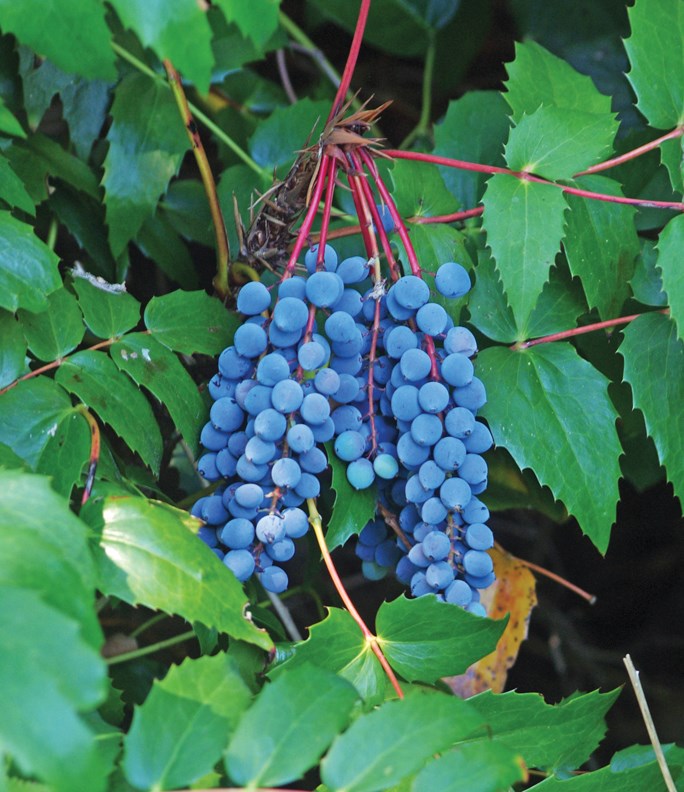Nature pounded the Sunshine Coast this year with fire and drought. It was time for an intervention from Sechelt author Bill Terry, in his latest book The Carefree Garden – Letting Nature Play Her Part (Touchwood Editions). It seems that inviting Mother Nature for a conversation over coffee can have startling results. In this whimsical yet fact-filled, illustrated gardening book, Terry is taken to task by irritable Mother Nature, and he is urged to plant or sustain native flora in place of the refined hybrids and disposable annuals that gardeners enjoy.
As Terry learns to trust the plants that grow naturally around his shorefront home, he realizes that the chaos of a wild garden can be turned into a carefree, harmonious one as well.
When Terry noticed a piece of neglected public land near his home, he asked the District of Sechelt for permission to cultivate native species there. With the support of the Botanical Garden Society, he grubbed out every last scrap of knotweed, Himalayan blackberry and other invasive species. What remained was a native Pacific dogwood tree, and by spring, with the introduction of indigenous plants, the little demonstration garden flourished. Along the way he was often visited by Mother Nature’s representatives in the shapes of birds or squirrels who let him know whether he was on the right track.
Terry points out that all the native plants from the demo garden weathered the summer drought, except for the wild Pacific rhododendron that needed some supplemental care. Yes, that’s right: wild rhodos here on the Coast. We also have wild cyclamen and wild peonies, and a chapter is devoted to an underrated plant, the hellebore.
This book will be of great interest to those with green and brown thumbs alike. An appendix gives a useful guide to native plants to be found in the general area known as the Pacific Northwest. It includes some plants we regard as weeds – skunk cabbage, for example, or as it is properly called, swamp or meadow lantern. It, too, is a native plant and it stays on the list – there’s no arguing with Mother Nature.



